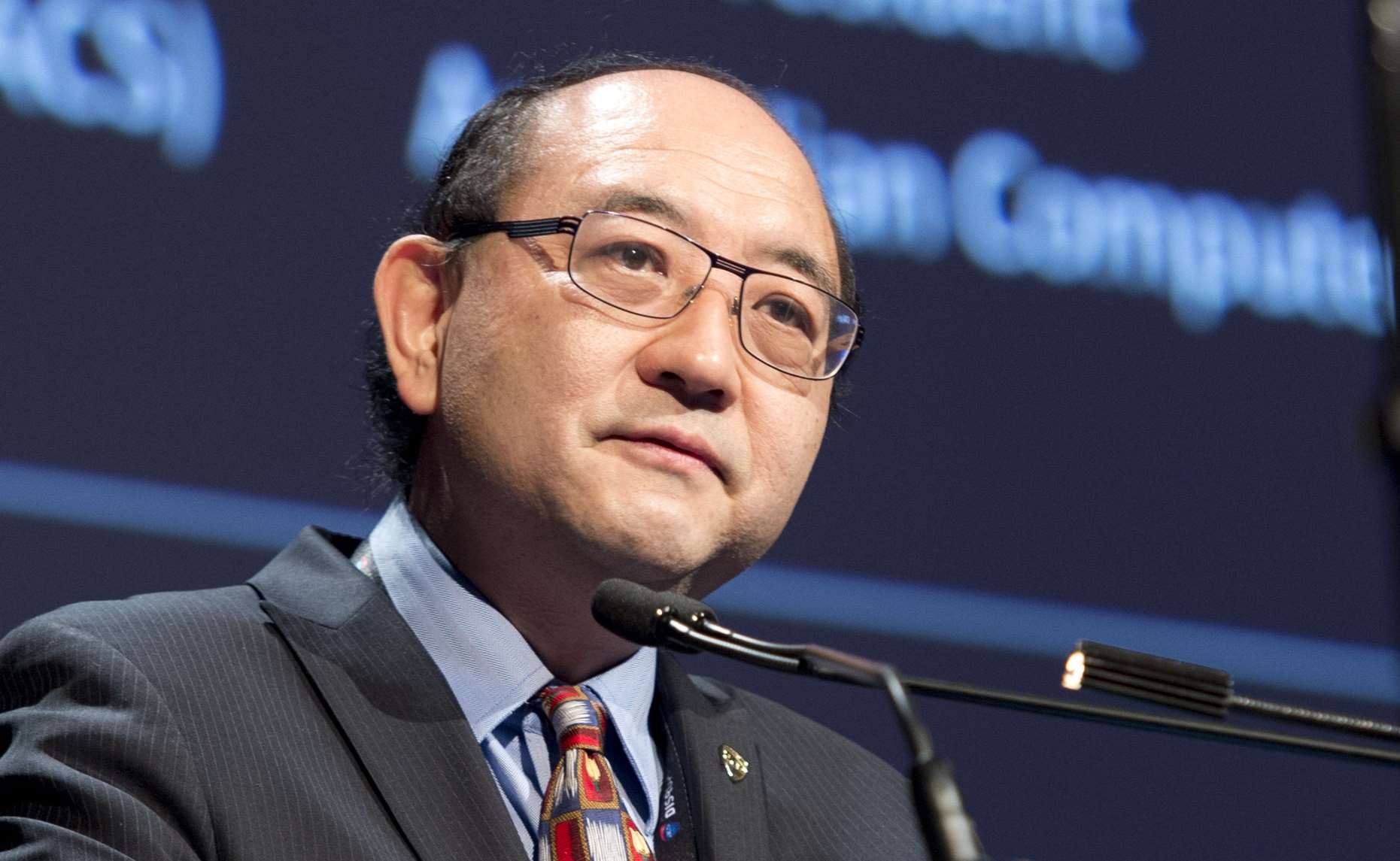Anthony Wong took office as President of the ACS on January 1, 2016. He has previously served in the role, finishing his last term as President on December 31, 2011. Information Age sat down with Anthony during his recent visit to the Silicon Valley with the ACS CEO. In his first interview of his term as President, we ask him about the importance of innovation.
Early in your Presidency you've come here to Silicon Valley and visited CES 2016 in Nevada. Tell us, what has been the outcome?
We've seen a lot and have had the opportunity to interact with some of the latest technology coming to the fore. We've seen for the first time that the technological elements - hardware, software, connectivity and Internet of Things (IoT), automation, robotics, artificial intelligence (AI), virtual and augmented reality, wearables, beacons and sensors - are truly interacting and operating much more seamlessly than we've seen in the past.
Why is that important?
Well, for the first time we will see real applications for some of these innovation, along with ease of use for consumers, professionals, industry, government and the community. Previously to use the technology you have to spend time learning aspects of it before you could easily deploy it in an environment- but with convergence it's becoming much more plug and play, easily accessible and usable. At CES 2016, we saw autonomous and automated cars with fully electronic dashboards with gesture interaction - even retina tracking. That's a real achievement in technology, and we'll see much more of that moving forward. Cars will become “computers on wheels”. The car is becoming a platform and a computing environment for developers to create apps and interact with the outside world using robotics, 3D, AI, cameras, sensors, beacons - you name it. We are seeing the onset of the personalised transport and mobility system.
What does this mean for the profession?
In the context of mobile app developers, there are opportunities in deploying skills developed in the smartphone environment to the age of context. We saw the 2 major platforms for in car technology at CES - Android Auto and Apple CarPlay– with selected apps for use in the car. Now, these apps can only be used if there are ways to interact with them safely while “driving”. The “computers on wheels” give developers an additional platform in which to innovate.
We're sitting here in Silicon Valley which is well known for digital and technology innovation. How important is it for Australia to set up its own Silicon Valley?
We have done that in the past - Australian Technology Park as an example - but we've had limited success. Now with the Government's focus on innovation, entrepreneurship, science and technology, Australia has another opportunity to create and sustain a living ecosystem that will engender growth in that particular aspect of our economy. However, we need to put in to motion those things we talk about- we have the intent and the talent, but a sustainable ecosystem needs to be there to actually mature the digital innovation space in Australia. In the next few years we hope to see the startup ecosystem mature into something world leading.
How do you feel you, as ACS President, will be able to help nurture that ecosystem?
I believe ACS has an important role to play. Much of our focus is on skills and people, two of the major ingredients in the innovation culture and space. We can educate and inform our members and industry on the latest trends and skills that we need to deploy. We also need to reach back to the primary and secondary schools and to encourage the next generation of innovators. We need to teach the next generation to not just be users of technology, but creators. We need teachers to prepare our young for the next wave of innovation- to use more innovative methods to engage with their students and to make the teaching environment more stimulative and exciting than it has ever been before. This will help engender and imbue a more creative and innovative workforce for our digital future.
You mentioned teachers there - what do you see as the ACS' role with teachers in the future?
Over the last year ACS has established an ICT Teachers Education Board, and we have the new
National Science, Technology, Engineering and Mathematics (STEM) School Education Strategy which was signed off by Australian Education Ministers in December - these are major milestones. However we also need to assist our teachers to acquire the necessary skills in order to teach that curriculum, and that is where the ACS can play a role. We can facilitate the acquisition of the requisite skills and standards by teachers in this space. We'll be visiting our sister society, BCS, The Chartered Institute for IT in coming days as they have already commenced down this path. We have all the hallmarks of moving forward, but we need to get the strategy right without re-inventing the wheel.
You've just started your 2 year term - what will be the biggest change we will see by the end of that time?
I believe that in that time, you will see the ACS as the thought leaders for technology and policy in the digital age. We will be doing our part in nurturing the digital and technology ecosystem with the innovative professional elements and the tools that we need to succeed. In the context of the ACS, we'll be reviewing our governance to ensure that the ACS is well equipped to continue to support our members and Australia’s digital and technology ecosystem into the future.








